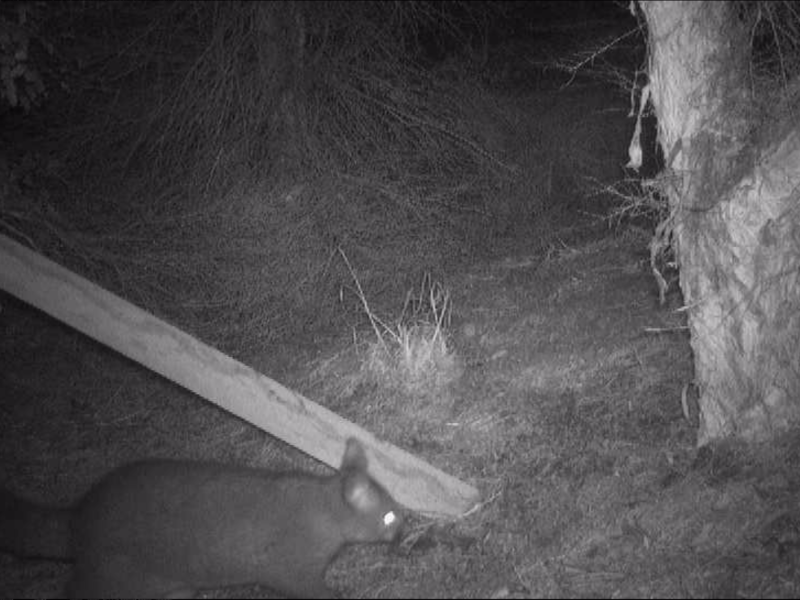New Zealand is on track for a predator-free 2050.
Cam Ross
Zero Invasive Predators (ZIP) is an innovation company founded in 2015; their task was to innovate new and effective ways of tracking animal movement and eradicating pests.


